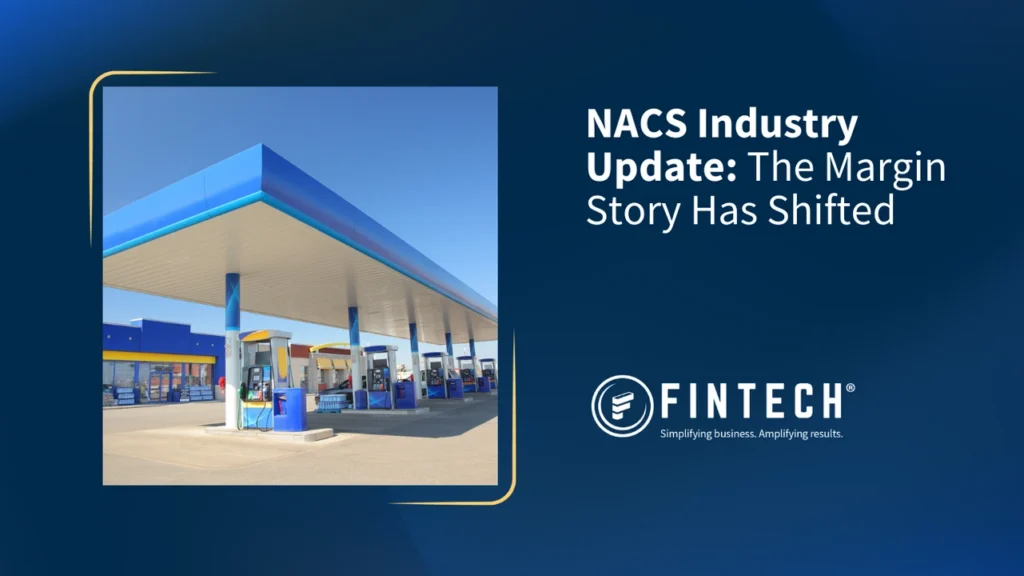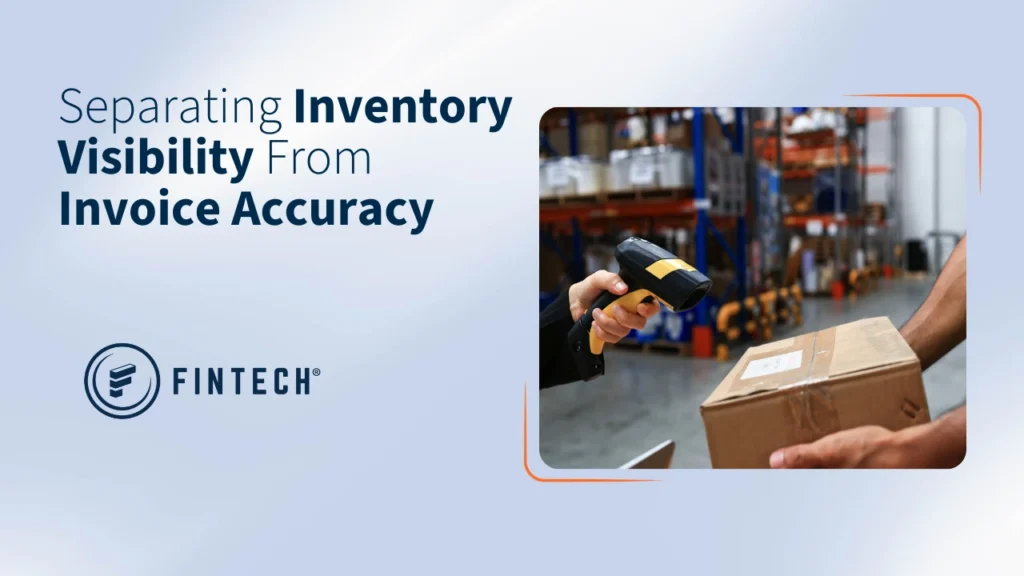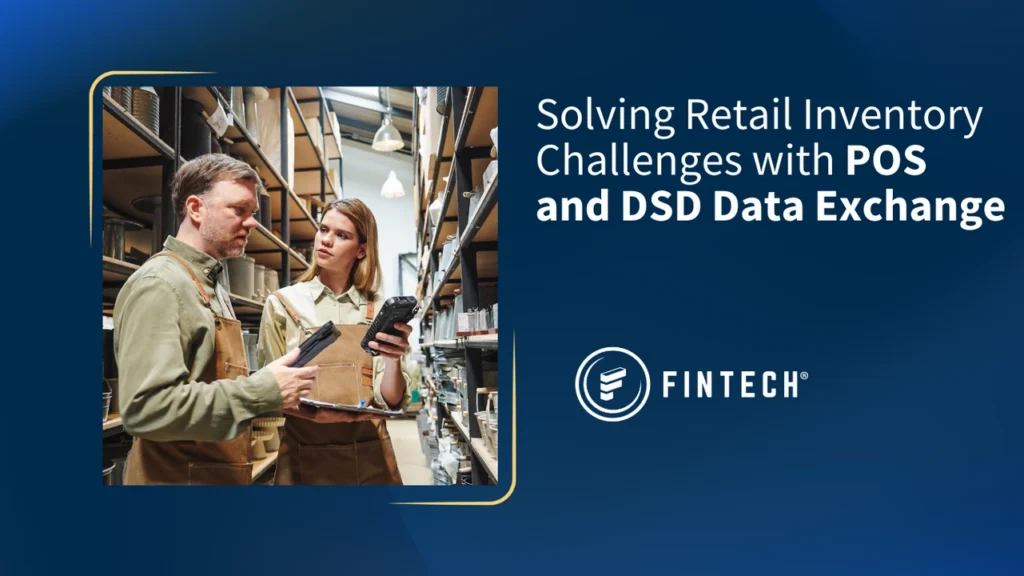If it hasn’t already blipped on your radar, you might be interested to know that the Michigan Liquor Control Commission recently launched a modernization effort that is the first of its kind in the United States. The Commission issued an Administrative Order to require electronic payments for all wholesale alcohol deliveries to retailers, effective March 31, 2023.
Although the state had already required COD (cash on delivery) payments for wholesale alcohol deliveries to retailers, Administrative Order No. 2023-01 effectively set the bar for best practices in the regulation of alcohol payments.
The Reasoning Behind the Order was Simple
Here’s what the Commission cited as modernization benefits:
Creates a uniform method of payment
Based on my own industry experience, I can confirm that uniform methods of payment are hugely beneficial when trying to audit/reconcile alcohol deliveries to retailers.
Makes deliveries more efficient
This is absolutely true. In fact, there is a BIECC (Beer Industry Electronic Commerce Coalition) study that estimates time spent waiting for payment is approximately 15 minutes per delivery.
Helps to ensure the safety of delivery drivers
“History has demonstrated when delivery drivers carry cash it exposes them to unnecessary risk and harm.” – MLCC.
From my own industry experience, I can confirm that I hear of driver robberies several times per year. Electronic payments go a long way towards reducing the target on delivery drivers’ backs.
Additional Benefits
In addition to the Commission’s reasoning for requiring electronic payments for beer/wine/spirits deliveries, I would offer these additional benefits that I see daily:
- Eliminates counterfeit cash payments
- Significantly reduces check floats and check kiting
- Creates an easily accessible and verifiable payment trail
- Ensures that a single payor/bank account is the source of all payments from a licensed location
- Ensures that every payment is made on time (particularly relevant in credit term states)
- Ensures that every payment is made in full (no short-pays)
- Ensures that credits from distributors are automatically deposited into retailer bank accounts
The Commission’s Modernization Initiative was a Short Walk
It’s worth noting that prior to the Michigan Liquor Control Commission issuing the requirement for electronic payments, more than 56% of retailers had already opted into electronic payments with their beer and wine wholesalers. The benefits are so great, and the form of payment is so common in today’s world that the move to require electronic payments across the state was closely in-line with the existing practices in the industry.
Which State is Next?
Over the past ten years, several control state agencies and many independent beer/wine/spirits distributors across the country have already made similar modernization efforts – requiring electronic payments from retailers. It’s hard to say who will be the next to modernize, but without a doubt, the interest and desire are bubbling up quickly.
As the industry leader in electronic payments, Fintech stands ready to assist any and all alcohol distributors and control state agencies with transitioning their retail customers to electronic payments. We also stand ready to share the best practices that we have seen across the country!






